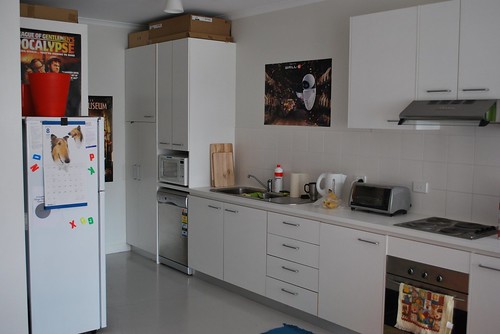
In the current economic climate it is becoming more difficult for young people to purchase their own home. Many have enjoyed the freedom of their years at University or College only to find, that due to lack of funds, they must return to the family home. Due to a shortage of affordable properties, rising unemployment and the difficulty of obtaining finance, the average age that people are now buying their first home is 32. Data from the Council of Mortgage Lenders now shows that the number of loans given to first-time buyers has dropped dramatically. At the peak in 2007, 359,900 loans were given to first-time buyers and this dropped off to 192,000 in 2011. This means that despite the financial benefits of living at home with mum and dad, the possibility of home ownership is a distant dream for most and as the only alternative to having independence would be to rent but rents are now proving more expensive than a typical 5% only mortgage. Some are privileged and the ‘bank of mum and dad’ will finance the deposit but unfortunately the norm is that with most parents longing for their children to leave the nest, they themselves are facing an uncertain retirement and are often unable to assist their impoverished offspring.
So what is the solution?
As the recession bites even further and banks require seemingly unaffordable deposits for the first-time buyer, one alternative to renting is for a group of two or three friends having enough money between them to finance the deposit for a house. This would greatly reduce the individual financial burden that home ownership can bring. The deposit, legal fees, mortgage payments, maintenance, household bills can all be shared. However, although joint ownership seems to make perfect financial sense, it must not be entered into lightly. This will be the biggest financial transaction that most people will undertake in their lives so caution must be taken.
Legal advice
It is imperative to seek legal advice and the cost of a solicitor will be worthwhile as it will ensure that all eventualities in the agreement have been covered. There is no use in three friends making informal agreements as inevitably friction will develop unless there are strict ground rules such as rotas for cleaning, shopping etc. Clear rules must be established for guests/girlfriends/boyfriends staying over. Other factors must be considered for example smoking, keeping of pets and the consequences of unacceptable behaviour. Who would wish to buy a house with someone who is an insomniac and practices his tuba all night long? This may seem an extreme case but it is amazing how even trivial arguments can escalate into outright war. It is, therefore, essential that a solicitor draws up a ‘deed of trust’. If, for instance one of the trio loses their job then the other two would formally agree to cover the bills and his share of the mortgage for an agreed period and this would hopefully allow his circumstances to change. A period would be formally decided where by the monies would be repaid. If after three months and no employment had been found then he would have to vacate the property. This would be difficult to enforce without a legal agreement. The deed of trust would also set out a notice period if one of the housemates wished to leave, in order to let to buy their own home for instance, perhaps to get married and so allowing sufficient time for another buyer to replace him or for the other two to continue on their own. It would also formalise the equity that would be accrued to each party, depending on the value of the deposit. Someone who contributed to a greater percentage of the deposit would be entitled to a greater proportion of the equity.
Other considerations
As buying with friends is a bureaucratic process, it is vital that all parties keep copies of all payments made relating to the property and any formal agreements made between parties. It is a good idea to set up a joint account where by an agreed amount is paid into by all parties. This would cover the mortgage payments and all shared expenses. It is also worth considering drawing up a will to protect the investment.
Not even the TV series of ‘Friends’ could last for ever so neither will the house sharing and so the formal agreement drawn up by the solicitor would also state the level of offer that would be acceptable should all or the majority or all of parties decide to sell.
Jenny writes on behalf of the second largest landlord information and news portal in the UK. She regularly sees tenants returning to the rental market after buying with their former friends and soon to be housemates from hell.

